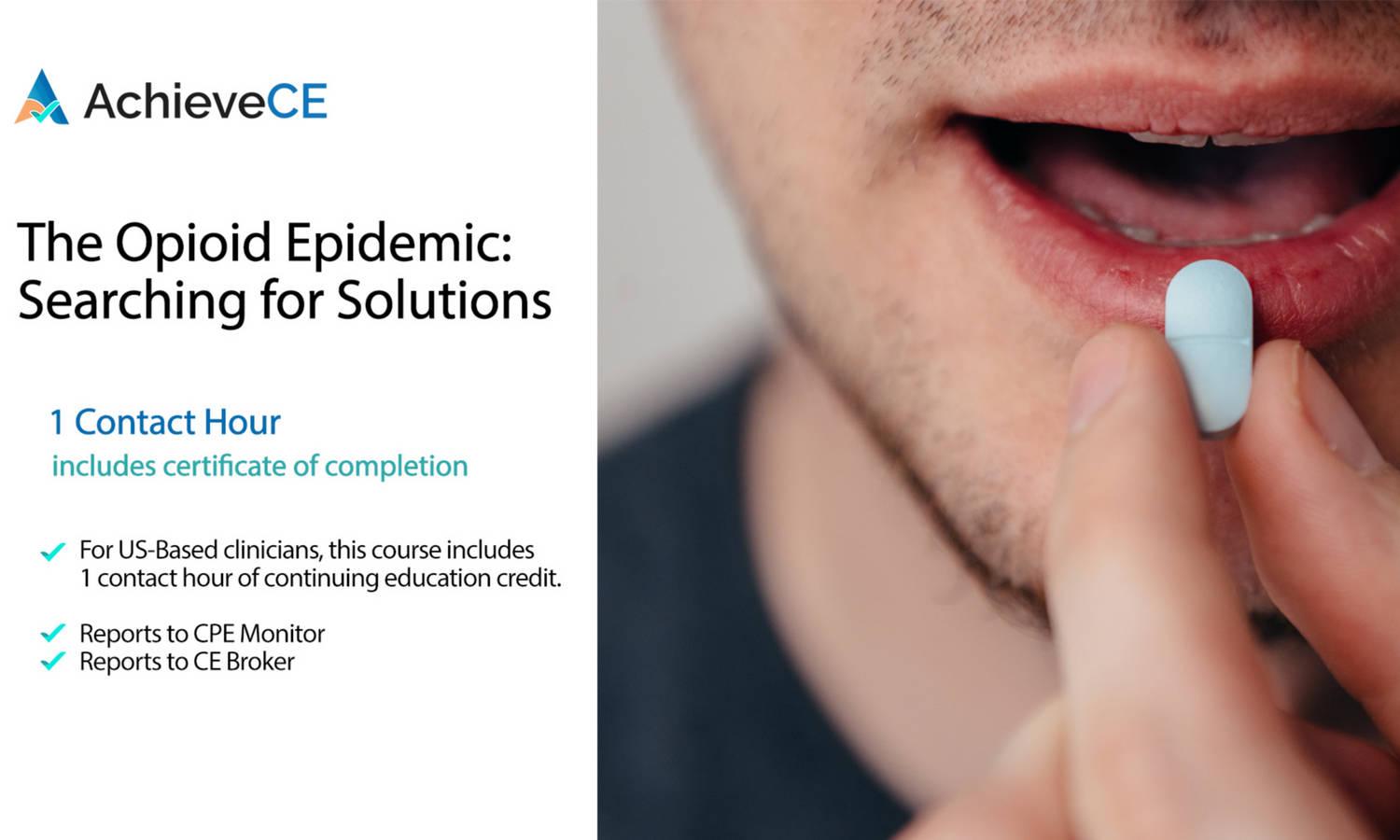
Understanding Substance-Related and Addictive Disorders: Diagnosis, Treatment and Prevention
English
Recorded Courses
hosted by Institute for Brain Potential (IBP)
hosted by Institute for Brain Potential (IBP)
attend it anywhere online
category
Pharmacy, Medicine, Dentistry, Healthcare Management, Nursing
Psychiatry
price
$30
speakers





Understanding Substance-Related and Addictive Disorders: Diagnosis, Treatment and Prevention is organized by Institute for Brain Potential (IBP).,Initial Release Date: 11/10/2020,Expiration Date: 11/10/2023,Duration: A 6-Hour Home Study Program for Health Professionals.,,Description: ,The program provides an updated understanding of disorders related to alcohol, cannabis, opioids, sedatives, hypnotics, anxiolytics, stimulants, tobacco, and addictive aspects of eating disorders and obesity.,Participants completing this program should be able to identify ways to:,• Recognize how addictive drugs and disorders alter the reward systems of the brain,,• Prevent substance use disorders in youth and adults,,• Treat substance use disorders with psychological and pharmacological interventions,,• Minimize risks of using potentially addictive drugs (e.g., opioids, sedatives, cannabis) for medicinal purposes in medical, dental, and behavioral health practices, and,• Facilitate the recovery from substance use disorders outside of formal treatment programs.,The Addicted Brain,• binging and intoxication ,• withdrawal and negative affect ,• preoccupation and anticipation ,• rewiring the Brain ,• punishment-resistant behavior ,• risk factors,Alcohol Use Disorder,• key features ,• role of serotonin receptors ,• development and course ,• genetic and physiological risk factors ,• how alcohol,alters the developing and adult brain • neurocognitive disorders ,Cannabis Use Disorder,• newly recognized risks of severe and prolonged withdrawal symptoms similar to PTSD ,• high incidence of acute psychosis,• complex pharmacology of THC and cannabidiol ,• comorbid bipolar and anxiety disorders ,• risks and benefits ,Opioid Use Disorder,• genetic, physiological, and environmental factors ,• suburban and profession-specific risk ,• prescribing practices in medical and dental use that reduce the risk of misuse and dependence,Sedative, Hypnotic, or Anxiolytic Use Disorders,• functional consequences ,• comorbidity and aging-related risks ,• the complex challenge of overcoming withdrawal and dependence ,Stimulant-Related Disorders,• benefits of slow-release (e.g., for ADHD) but risks of rapid release formulations ,• medical and dental consequences of abuse,• challenge of prolonged cognitive impairment for treatment,Tobacco-Related Disorders,• elevated presence of psychotic, bipolar, depressive, anxiety, and obsessive-compulsive disorders among individuals unable to quit ,• combining behavioral and pharmacological treatments,Eating Disorders,• eating disorders and obesity share changes in dopamine reward circuits found in major addictive disorders ,• taming the cycle of negative affect, craving, and excessive eating ,• keys to altering the habit brain,Pathways to Recovery,• effective pharmacotherapies ,• effective psychosocial treatments ,• core components of effective treatments,• counterproductive strategies ,• relapse prevention









